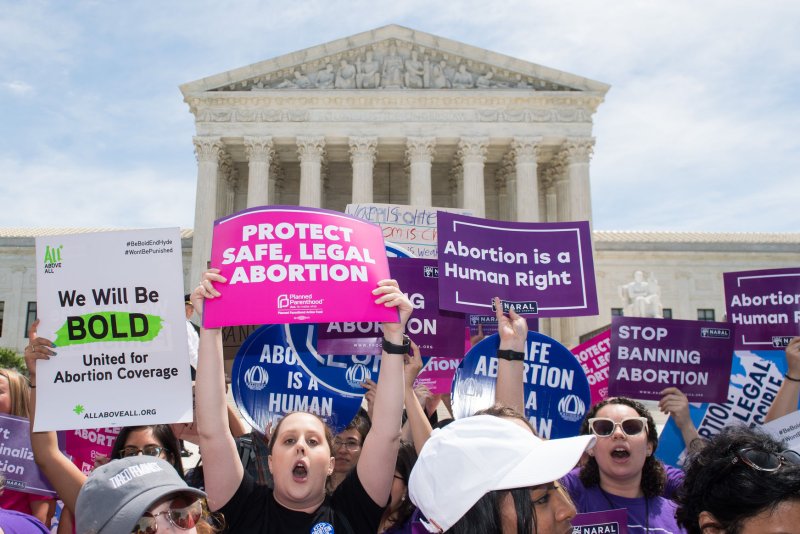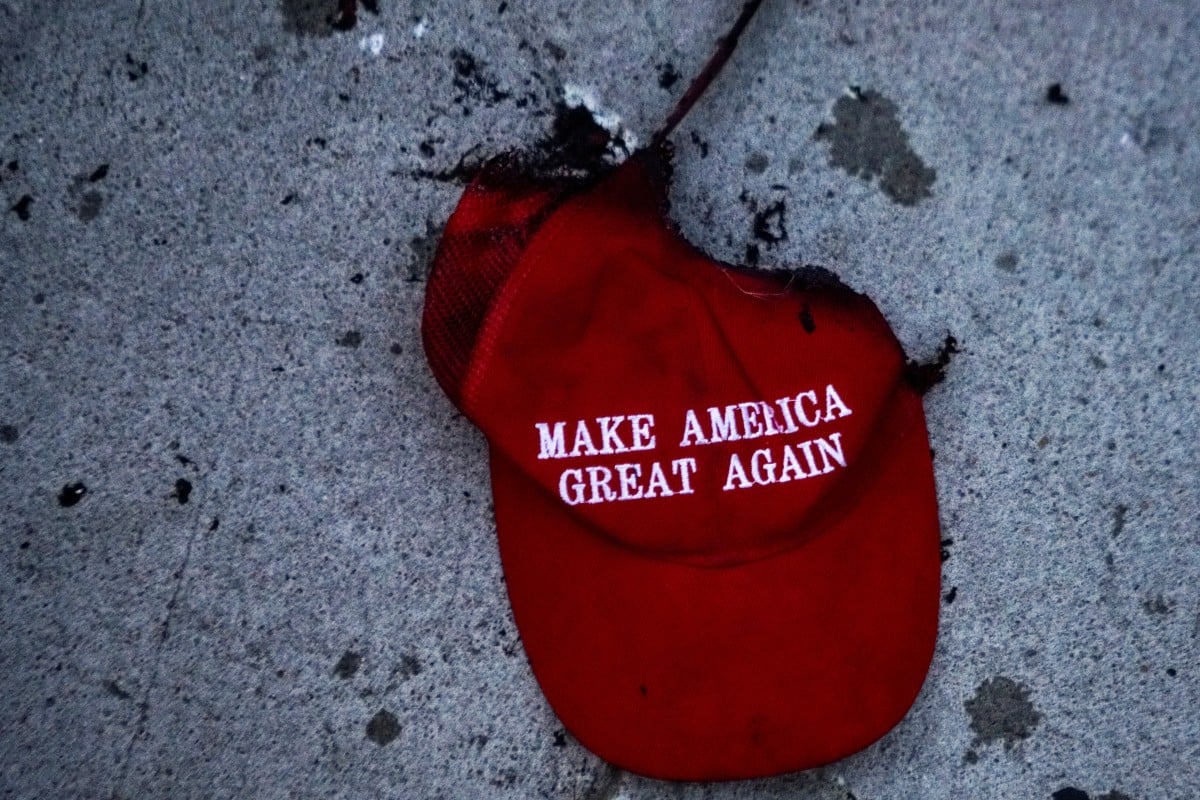
Protesters march in New York City on Juneteenth, June 19, the longest-running African-American holiday in the United States. The day is significant as it marks the day that slavery ended in the United States. File Photo by John Angelillo/UPI | License Photo
Sept. 30 (UPI) -- California on Wednesday became the first state to adopt a law seeking to develop a path to pay reparations to Black residents and descendants of slavery.
Gov. Gavin Newsom signed the law, which orders a nine-person committee to study and develop proposals for reparations.
"Our past is one of slavery, racism and injustice. Our systems were built to oppress people of color," Newsom tweeted. "It's past time we acknowledge that."
The governor and legislative leaders will appoint the committee, which will conduct a sweeping examination of slavery in California and the United States -- as well as lasting consequences and recommend what kind of compensation should be provided and who should receive it.
"As a nation, we can only truly thrive when every one of us has the opportunity to thrive," Newsom added. "Our painful history of slavery has evolved into structural racism and bias built into and permeating throughout or democratic and economic institutions."
The new law states that 4 million Africans and their descendants were enslaved in the United States between 1619 and 1865.
California was founded as a free state in 1850, but several laws allowed for residents to maintain slaves if they lived there temporarily or bought slaves before it obtained statehood.
Assemblywoman Shirley Weber, chair of California's Legislative Black Caucus and the author of the bill, said the law was written last year prior to widespread national unrest that was driven by the police killings of George Taylor in Minnesota and Breonna Taylor in Kentucky.
"This is not just because of the circumstances we face," she said. "What happened is that, of course, those circumstances reinforced the fact that what we were saying all along was true.
"Some think we're just responding to the moment, but we're responding to the history of California and the life of Black people in California and this nation."

























